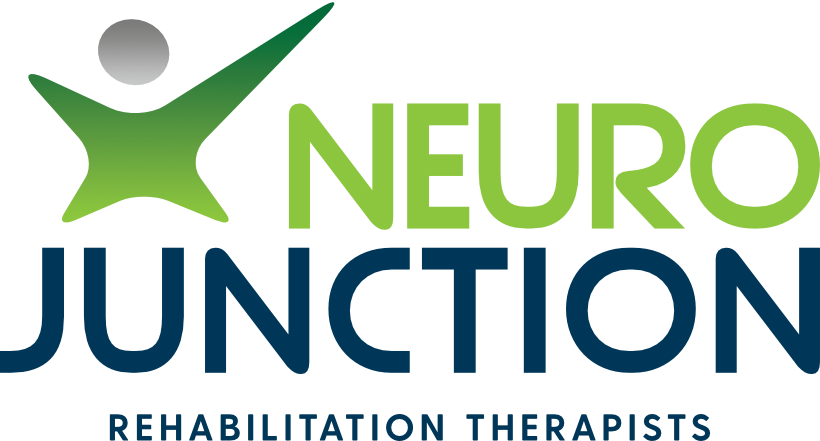Purple Day for Epilepsy 26th March
What is Epilepsy?
Epilepsy is one of the most common serious neurological disorders that causes a person to have repeated seizures (fits).
It affects 65 million people worldwide, including 250,000 Australians. It can impact people of any age. Some types are inherited, however it can also develop as a result of other neurological conditions, such as a head injury, stroke or brain infection.
Seizures:
A seizure is defined as a brief, abnormal, excessive surge of electrical activity in the brain.
Seizures present in many different ways depending on where the brain is affected. They can appear like a blank stare, muscle spasms, uncontrolled movements, odd sensations or convulsions. They can happen rarely or may happen several times a day, if not successfully controlled by medication. They usually only last seconds-minutes. There is usually an ‘early warning sign’ called an ‘aura’ which is a particular odd sensation (e.g. buzzing in ear) before the seizures occurs. Post seizure, it is common for people to experience extreme fatigue, muscle aches and confusion.
Treatment:
70% of people with epilepsy are successfully treated with medication, however 30% of people have a drug-resistant form of the disease where additional measures are required.
How can Physiotherapists and Occupational Therapists help?
A common symptom of epilepsy is cognitive change. Our occupational therapists can assist you by providing thorough assessment and cognitive training, as well as coping strategies for cognitive fatigue. They can also prescribe any equipment that may assist in your safety and activities of daily living.
Our physiotherapists can help you by providing an assessment of your functional capacity and a risk assessment of your home. They will then provide individualised programs for falls prevention and exercises, which has shown to help with reducing the severity and frequency of seizures.
What is Purple Day?
A global initiative dedicated to increase awareness and knowledge about epilepsy. People are encouraged to wear purple on March 26th and host fundraising events to provide services for those impacted by epilepsy.
Please visit https://www.purpleday.org/ for further information on how you can help support!

